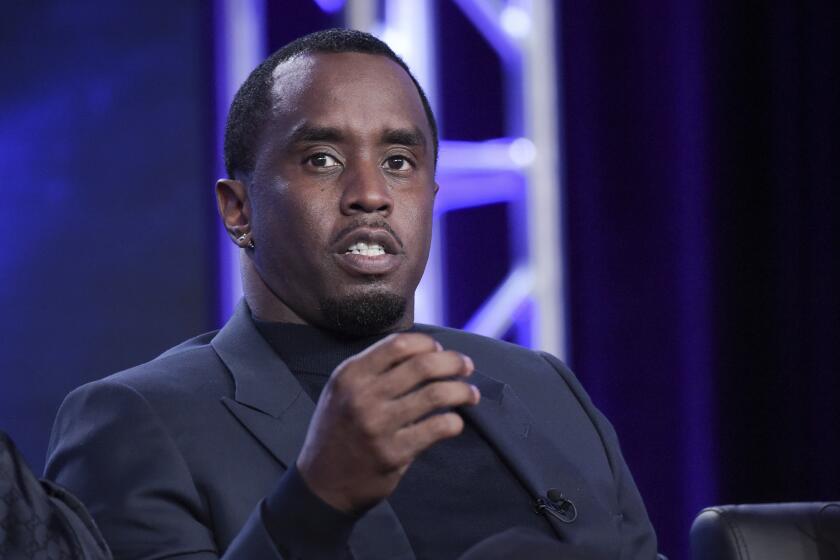Napster lawsuits near resolution
Bertelsmann said Monday that it had settled the last lawsuit filed by a record company over the German media conglomerate’s role in funding the original Napster electronic file-swapping service that was once the scourge of the music industry.
The deal all but ends years of effort to settle scores over the program that brought file-swapping to the masses, letting more than 40 million users download music without paying for it.
Bertelsmann didn’t disclose the terms of its deal with EMI Group of London, but people familiar with the arrangement said Bertelsmann was to pay $50 million to $150 million.
Bertelsmann last year agreed to pay Universal Music Group $60 million to end the record company’s copyright claims. It still faces a suit by songwriters and music publishers, but people involved in the case said they doubted that group would want to continue the expensive, 4-year-old legal fight by itself.
Bertelsmann infuriated its peers in the recording industry by lending the beleaguered Napster $85 million, allowing users to continue trading MP3 song files for free.
After the courts effectively forced Napster to shut down in 2001 and file for Bankruptcy Court protection, labels including EMI and Universal trained their legal guns on Bertelsmann.
The record companies argued that Bertelsmann had directly helped Napster users infringe their copyrights because the German media giant had effective control of the operation in its latter days. Bertelsmann had the right to convert its loan to Napster into an equity stake, and a former Bertelsmann executive was installed as the company’s chief executive.
According to people involved in the case, EMI Chairman Eric Nicoli, who recently became chief executive of EMI Group in a management shake-up, has less at stake in the fight.
In addition, the record company’s financial results have been dismal, with its fiscal year closing this week. EMI recently rejected a $4.1-billion takeover bid from Warner Music.
EMI lost deep-pocketed ally Universal last week when U.S. District Judge Marilyn Hall Patel in San Francisco set aside an earlier ruling that would have forced the record companies to cough up some potentially embarrassing internal documents. Universal had demanded that ruling be vacated as a condition of its settlement.
And two weeks ago, a federal appeals court took away a promising tactical tool that EMI had planned to use against Bertelsmann. Patel had ordered Bertelsmann to turn over legal documents related to its Napster funding that the media giant had tried to protect, citing attorney-client privilege. She concluded that EMI and the songwriters had made a reasonable case that those papers were part of a fraudulent scheme by Bertelsmann to convince people that it wasn’t funding the copyright-defying Napster, but a legitimate version that never got off the ground.
But the 9th U.S. Circuit Court of Appeals reversed Patel’s decision on March 14, saying the evidence wasn’t strong enough to justify her ruling.
In addition, the music industry’s desire to punish Bertelsmann over its perceived sins of six years ago has abated.
As the music industry continues to suffer declines in sales, record companies are working harder to find ways to sell music online -- even if they won’t go to the lengths that Bertelsmann did. “We can now put this matter behind us and continue to pursue the development of new legitimate digital-music business models,” EMI’s Nicoli said.
Bertelsmann’s interests include book publisher Random House and a 50% stake in Sony BMG Music Entertainment. The Napster name and logo were bought and are used by an unrelated digital-music service.
“This is litigation that has run its course over four years and still has no end-time horizon that is obvious,” Bertelsmann attorney Bruce Rich said. “From a Bertelsmann standpoint, the ability to dispose of it on reasonable terms is desirable.”
More to Read
The biggest entertainment stories
Get our big stories about Hollywood, film, television, music, arts, culture and more right in your inbox as soon as they publish.
You may occasionally receive promotional content from the Los Angeles Times.









